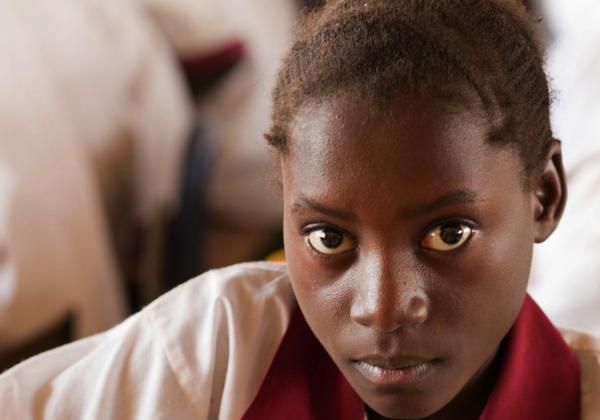
Project Luangwa is a charitable organisation working in south Luangwa, a rural area of Zambia. They believe that by developing and improving education in schools and creating training opportunities, they can give families the chance of a lasting and sustainable income. Over the past few years, they discovered that the improvements we make and the schools they build will make no real difference when leaving girls behind, who do not have equal opportunities regarding education:
In rural Zambia, girls face many problems that put their health at risk and prevent them from getting a good education - and without an education they are unable to lift themselves, or their families, out of poverty. This cycle of poverty starts early, and girls are most vulnerable during adolescence. Born into poor families, many girls fail to stay in school; many are tempted to have sex for money - just to survive or buy simple things, like a pen for school; or are married as early as 13 or 14, because their families cannot afford to feed them. By the time they reach their late teens, they often have children, no husband and may have an STD or AIDS.
Project Luangwa is registered with the UK Charities Commission, as a Charitable Trust in Zambia, and as a non-profit charity (trading under the name of Kawaza School Fund) in the USA.

With 800 Euro, the Girl's Club can organize a theatre workshop, held by the local initiative "Barefeet Theatre" - this will help the girls discover ways to express themselves and interact, and to gain confidenc
Read moreThank you for your feedback! We'll reply on your comments as fast as possible.
